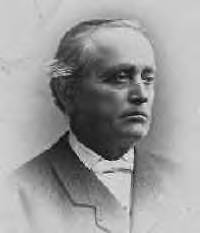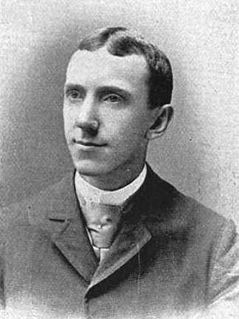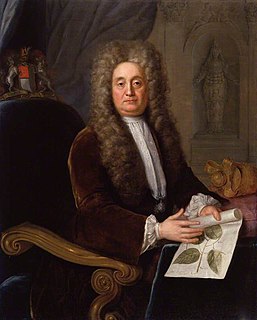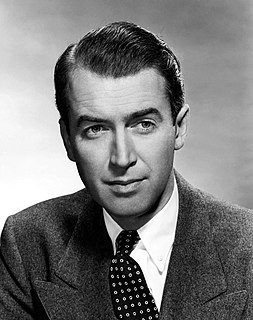A Quote by John Calvin
You cannot imagine a more certain rule or a more powerful suggestion than this, that all the blessings we enjoy are divine deposits which we have received on this condition that we distribute them to others.
Related Quotes
Calvinism emphasizes divine sovereignty and free grace; Arminianism emphasizes human responsibility. The one restricts the saving grace to the elect; the other extends it to all men on the condition of faith. Both are right in what they assert; both are wrong in what they deny. If one important truth is pressed to the exclusion of another truth of equal importance, it becomes an error, and loses its hold upon the conscience. The Bible gives us a theology which is more human than Calvinism and more divine than Arminianism, and more Christian than either of them.
I will say broadly that I have more confidence in the spiritual life of the children that I have received into this church than I have in the, spiritual condition of the adults thus received. I will even go further than that, and say that I have usually found a clearer knowledge of the gospel and a warmer love of Christ in the child-converts than in the man-converts. I will even astonish you still more by saying that I have sometimes met with a deeper spiritual experience in children of ten and twelve than I have in certain persons of fifty and sixty.
The sense that a man is serving a Higher than himself, with a service which will become ever more and more perfect freedom, evokes more profound, more humbling, more exalted emotions than any thing else in the world can do. The spirit of man is an instrument which cannot give out its deepest, finest tones, except under the immediate hand of the Divine Harmonist.
The greatest existential risks over the coming decades or century arise from certain, anticipated technological breakthroughs that we might make in particular, machine super intelligence, nanotechnology and synthetic biology. Each of these has an enormous potential for improving the human condition by helping cure disease, poverty, etc. But one could imagine them being misused, used to create powerful weapon systems, or even some kind of accidental destructive scenario, where we suddenly are in possession of some technology that's far more powerful than we are able to control or use wisely.
I learned to look more upon the bright side of my condition, and less upon the dark side, and to consider what I enjoyed, rather than what I wanted : and this gave me sometimes such secret comforts, that I cannot express them ; and which I take notice of here, to put those discontented people in mind of it, who cannot enjoy comfortably what God has given them, because they see and covet something that he has not given them. All our discontents about what we want appeared to me to spring from the want of thankfulness for what we have.
Wherever the deaf have received an education the method by which it is imparted is the burning question of the day with them, for the deaf are what their schooling make them more than any other class of humans. They are facing not a theory but a condition, for they are first, last, and all the time the people of the eye.
The knowledge of Natural-History, being Observation of Matters of Fact, is more certain than most others, and in my slender Opinion, less subject to Mistakes than Reasonings, Hypotheses, and Deductions are; ... These are things we are sure of, so far as our Senses are not fallible; and which, in probability, have been ever since the Creation, and will remain to the End of the World, in the same Condition we now find them.
Animals give me more pleasure through the viewfinder of a camera than they ever did in the crosshairs of a gunsight. And after I've finished "shooting," my unharmed victims are still around for others to enjoy. I have developed a deep respect for animals. I consider them fellow living creatures with certain rights that should not be violated any more than those of humans.
The more students work at storing the deposits entrusted to them, the less they develop the critical consciousness which would result from their intervention in the world as transformers of that world. The more completely they accept the passive role impressed on them, the more they tend simply to adapt to the world as it is and to the fragmented view of reality deposited in them.




































